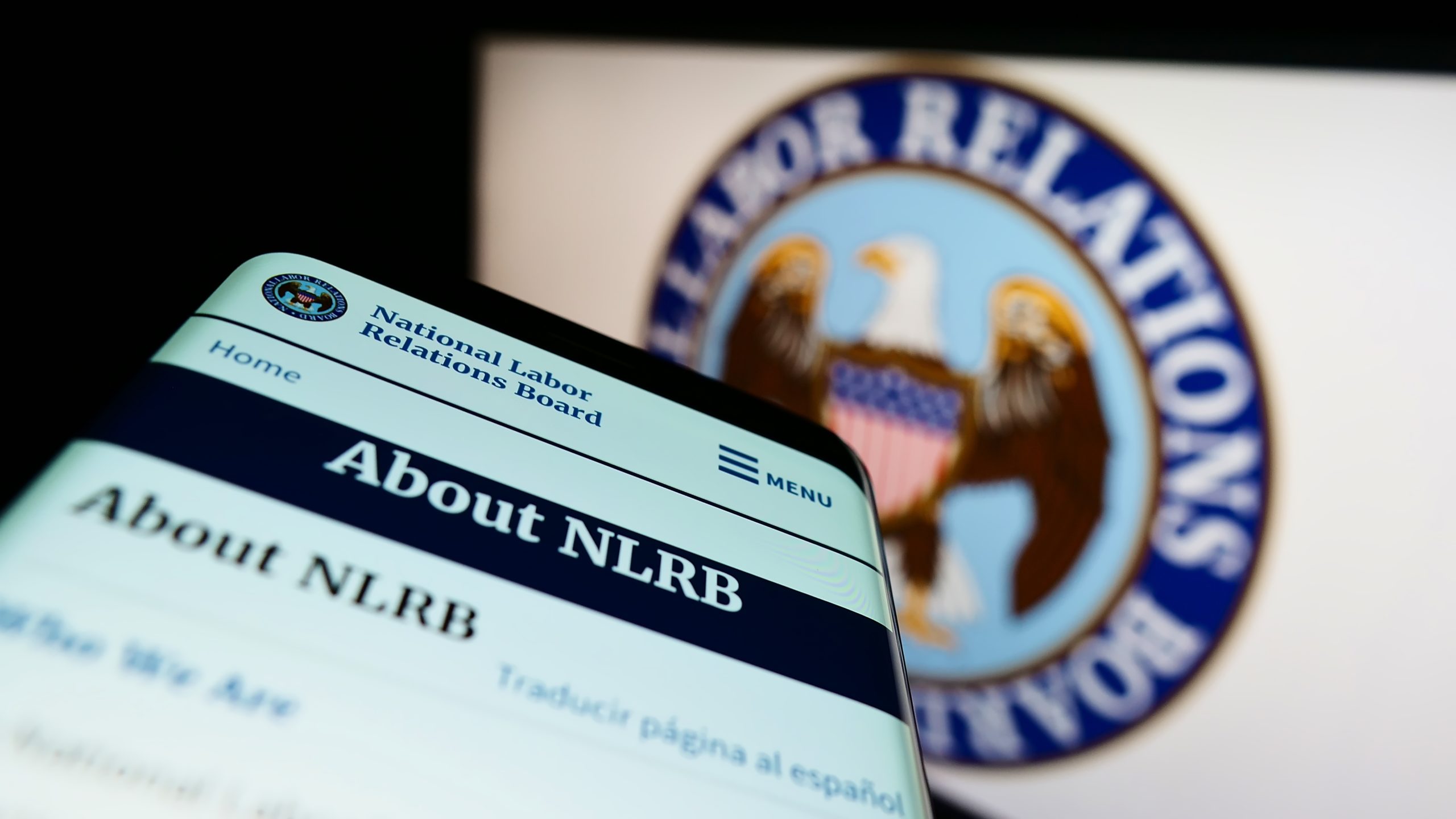The following is an excerpt from our Saturday email, which includes our musings on the latest developments impacting public employees, links to that week’s labor news, and a collection of whimsical reads for your weekend. If you’d like to receive our weekly email, you can use the sign-up form at the bottom of this page. We promise to respect your inbox, and we will never share your email address.
The National Labor Relations Board (NLRB) just dropped a new rule called the “Fair Choice – Employee Final Voice Rule.” Sounds like it’s all about giving employees a voice, right? Well, it’s a bit more complicated than that.
So, here’s the scoop: this new rule changes how unions are recognized in the workplace. Previously, if an employer recognized a union without a formal vote, employees had a 45-day window to ask for a vote themselves—think of this as a safety net to make sure the union really had the support of the workers. If 30% of workers requested a vote, an election could be held to double-check the union’s support. And guess what? In about a quarter of these elections, workers actually voted against the union, proving that the old rule was doing its job in ensuring that workers’ voices were heard.
But now, the NLRB has scrapped this rule. The new board, led by Chair Lauren McFerran and other board members with strong union ties, believes that the previous rule was unfair. They argue that it allowed challenges to union recognition without solid evidence of worker dissatisfaction. Essentially, they think the process was too cumbersome and that the union’s claim of worker support should be enough.
This new rule means that workers won’t have the option to request a vote if their employer recognizes a union. The board argues this will simplify things and provide a “better foundation” for collective bargaining. Critics, however, are concerned this might undermine genuine worker choice, as it removes a critical check on whether unions actually represent their members’ wishes.
(As a reminder, the NLRB handles issues related to private workplaces, so this rule change does not apply to the public sector.)
In other NLRB news: McFerran’s term is ending soon, and the Biden administration is pushing to extend it. This would keep the board’s pro-union majority intact for the foreseeable future, even if there’s a change in the White House.
